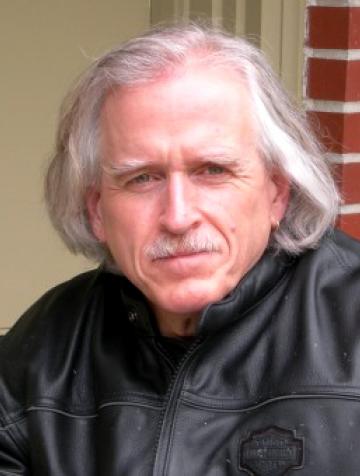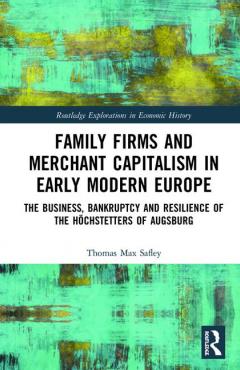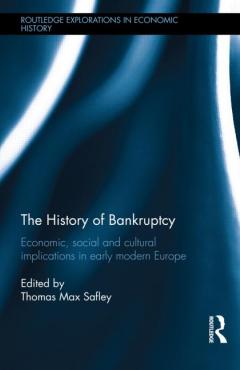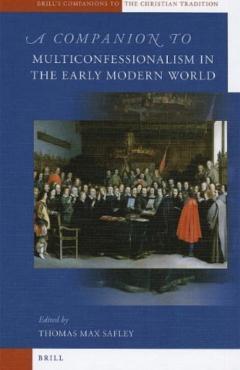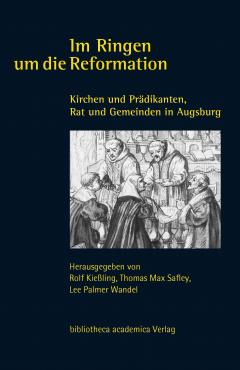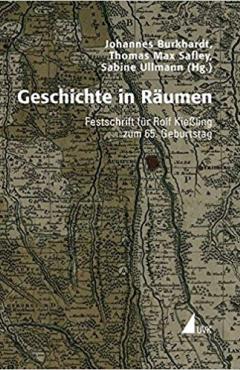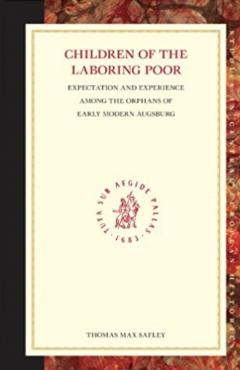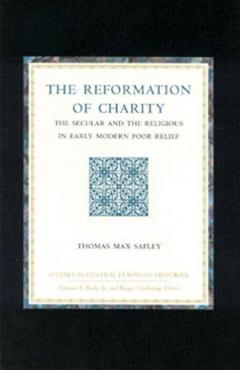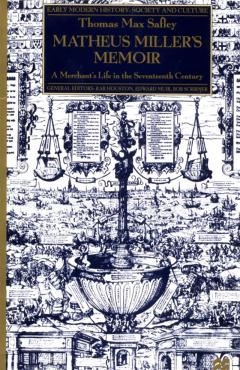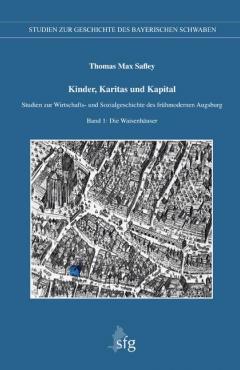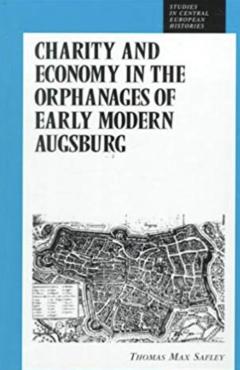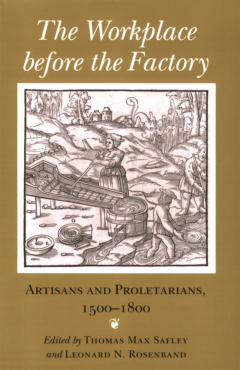Thomas Max Safley is Professor of Early Modern European History, Emeritus. A specialist in the economic and social history of early modern Europe, roughly 1450-1750, he has published extensively on the histories of marriage and the family, poverty and charity and labor and business.
In addition to writing numerous essays, articles and reviews, Professor Safley is the author of Let No Man Put Asunder: The Control of Marriage in the German Southwest, 1550-1620 (1984), Charity and Economy in the Orphanages of Early Modern Augsburg (1996), Matheus Miller's Memoirs: A Merchant's Life in the Seventeenth Century (2000), Die Aufzeichnungen des Matheus Miller (2003), Children of the Laboring Poor: Expectation and Experience among the Orphans of Early Modern Augsburg (2005), Kinder, Karitas und Kapital (2009/2011) and Family Firms and Merchant Capitalism in Early Modern Europe: The Business, Bankruptcy and Resilience of the Hoechstetters of Augsburg (2019). He is co-editor of The Workplace before the Factory: Artisans and Proletarians, 1500-1800 (1993) and of Perspectives from the Past (1998), now in its fourth edition Im Ringen um die Reformation: Kirchen und Prädikanten, Rat und Gemeinde in Augsburg (2011) and The Cultural History of Work, Vol. III: The Renaissnace, 1450-1650 (2018). In addition, he has edited several volumes of essays, including The Reformation of Charity: The Secular and the Religious in Early Modern Poor Relief (2003), A Companion to Multiconfessionalism in the Early Modern World (2011), New Studies on the History of Bankruptcy and Bankrutpcy in History (2013), Labor before the Industrial Revolution: Work. Technology and Their Ecologies in an Age of Early Capitalism (2018) .
He is currently at work on Family and Fortune in Early Modern Europe, forthcoming in 2020. Other projects include "The Reckoning of 1563," a study of the insolvency of Hans Jacob Fugger and its impact on the Fugger firm, and "Mercury and Modernization."
Professor Safley has been a visiting professor at the University of Augsburg, the Free University of Berlin and the University of Antwerp. At the University of Pennsylvania, he regularly teaches the introductory surveys of European history and advanced courses on the Reformation and the Baroque as well as topics in pre-industrial economic history, including economic thought to Adam Smith, early banking and finance, and labor relations.
By appointment only

